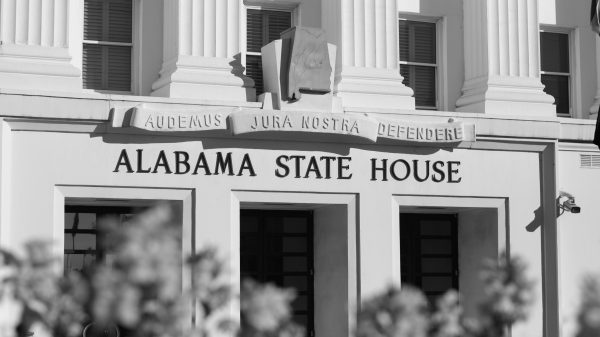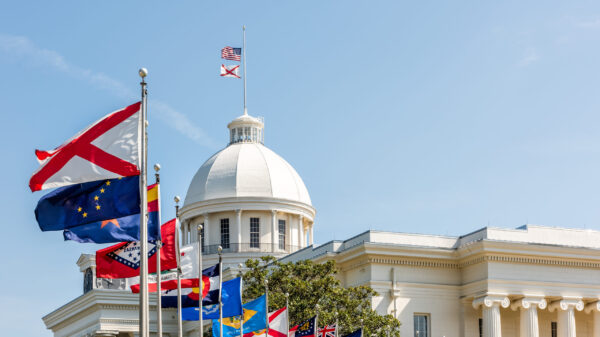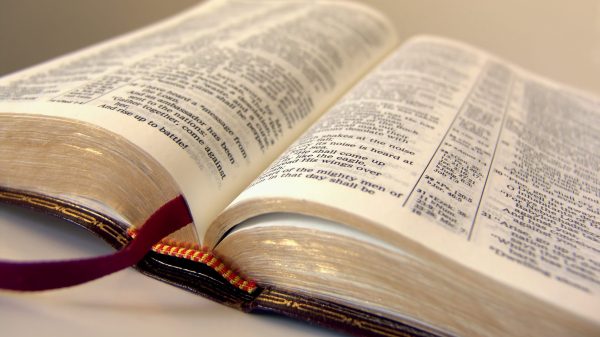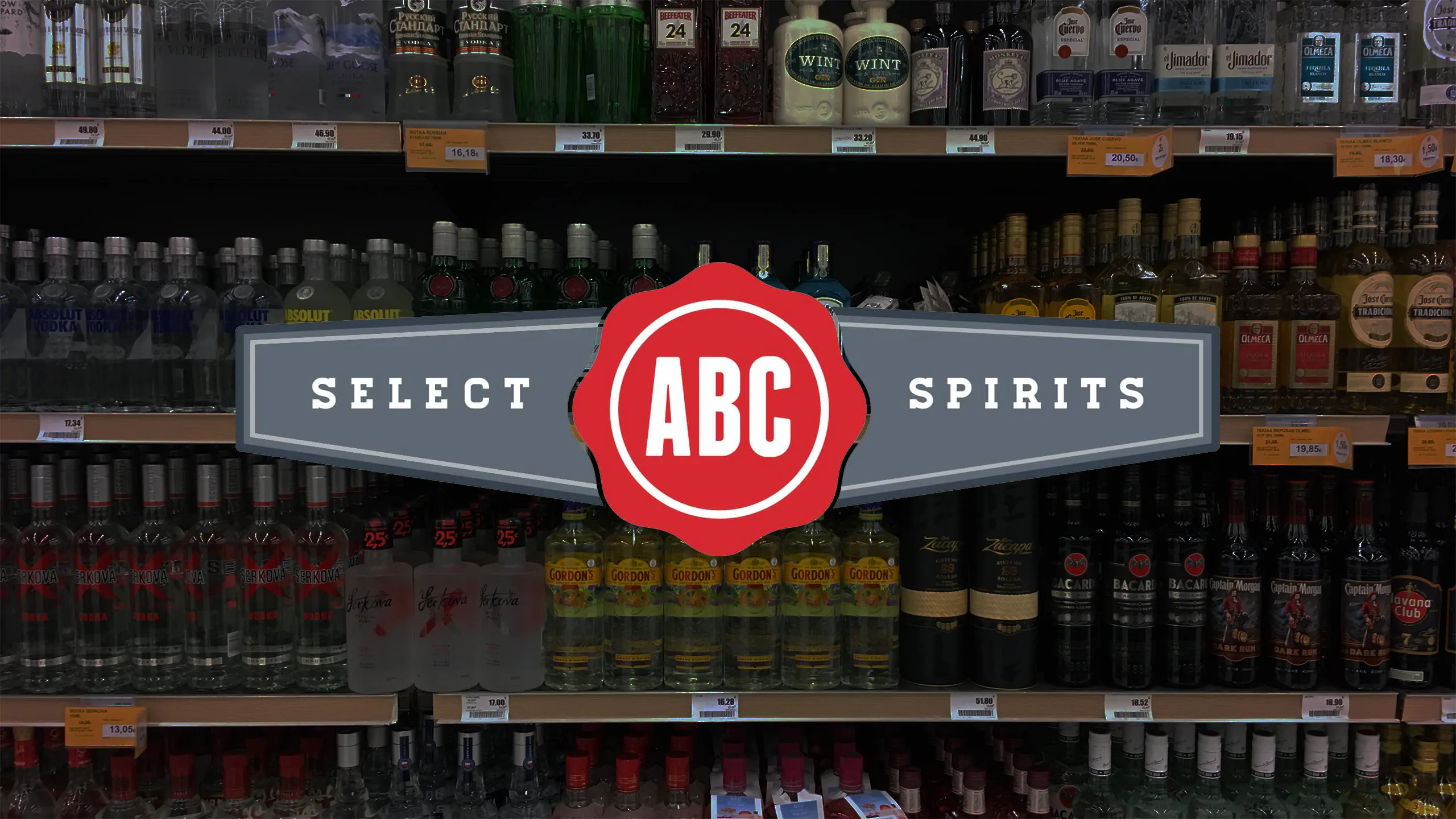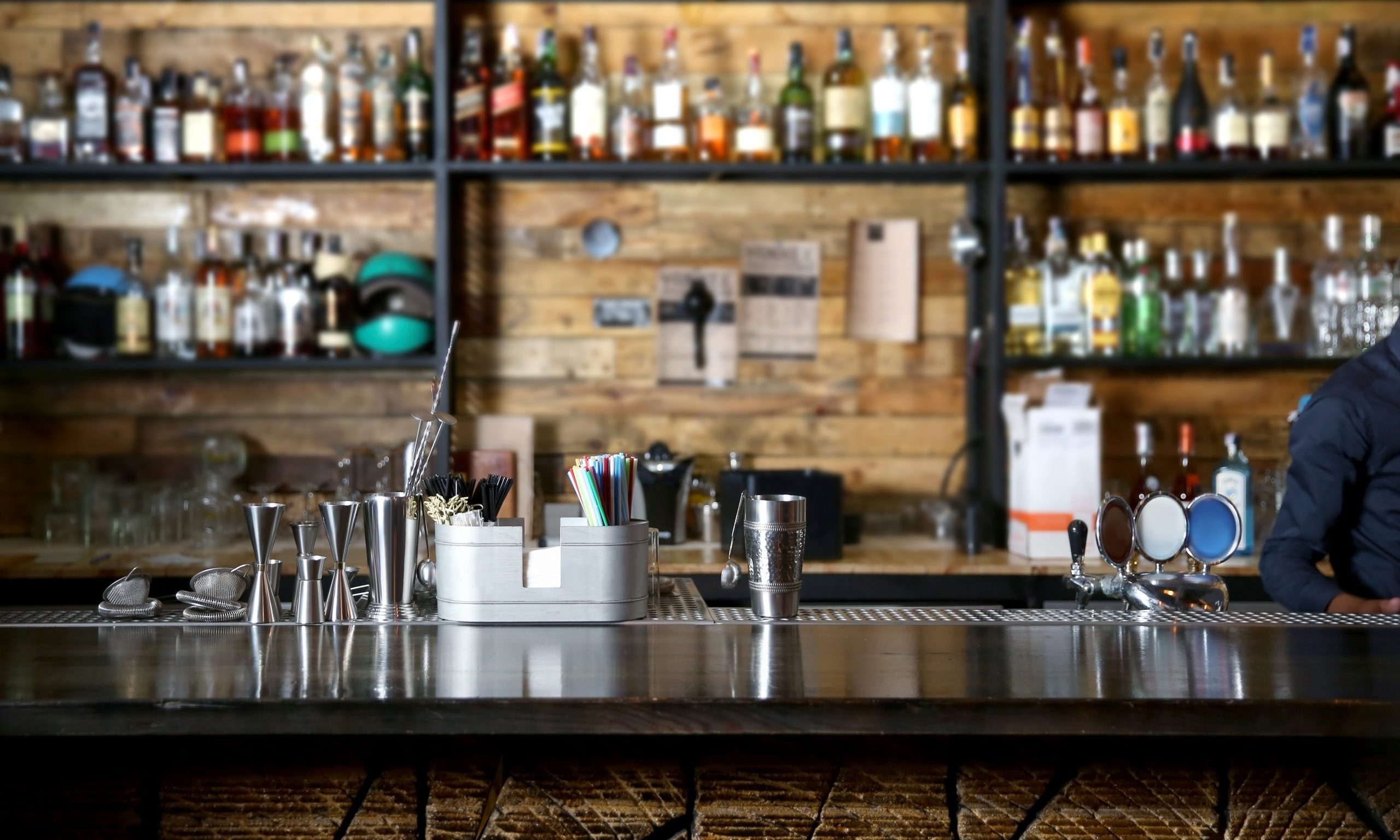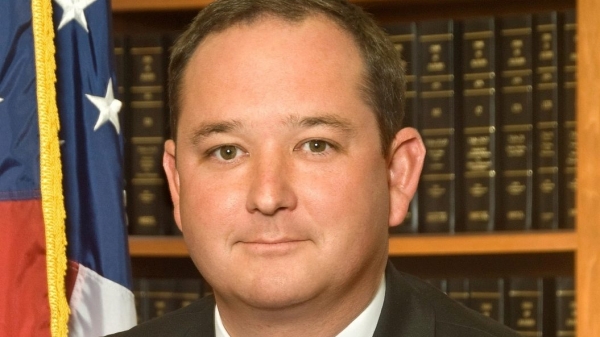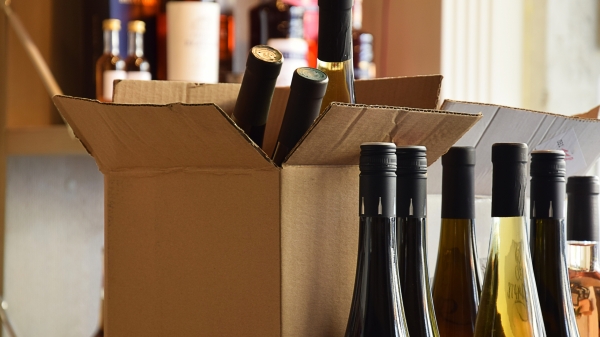|
Getting your Trinity Audio player ready...
|
Last year, the Alabama Alcoholic Beverage Control Board returned $361 million to communities and citizens to help fund essential state services such as mental health, women’s and children’s programs, education and law enforcement.
Since the ABC Board’s creation 85 years ago, those revenues have totaled more than $8.6 billion for the people of Alabama.
What’s even better is that the state of Alabama didn’t have to provide one dime to pay for the ABC Board’s operations, which includes regulating, licensing and inspecting businesses that sell alcoholic beverages and tobacco products, and educating young people and adults about the dangers of irresponsible alcohol consumption and underage drinking.
The ABC Board pays for itself through its wholesale liquor operation and state-run liquor stores. We call them state stores because they belong to the people of the state of Alabama, and they exist to serve and benefit state residents.
I offer these facts because it’s important for Alabamians to know how the ABC Board and its stores are working for them. This year, the ABC Board began offering an online resource, Wheredoesthemoneygoalabama.com, that explains – literally – where ABC revenues go.
The website lists how revenues support many essential state services that too often go underfunded.
For example, the Department of Human Resources, which has the difficult task of ensuring the welfare of Alabama’s at-risk children, received $84.7 million directly from the ABC Board in fiscal year 2020-2021. The Department of Mental Health was the beneficiary of $63.4 million from the ABC Board.
Without that funding, what would happen to those overburdened agencies and the services they provide pregnant women and children living below the poverty line and citizens in need of mental health services?
In addition, the ABC Board provided $37.1 million to education, $17 million to the Alabama Law Enforcement Agency and $22.8 million to various cities and counties.
And all of that was in addition to the $136.8 million the ABC Board sent to the state General Fund Budget to help pay for other state services.
Aside from highlighting ABC Board revenue, Wheredoesthemoneygoalabama.com also explains how Alabama’s system of liquor control is unique and effective.
Alabama is one of 17 “control states” that regulate the sale of alcoholic beverages through distribution, licensing, regulation, law enforcement and education. But Alabama is the only state that offers citizens a choice between state-run stores and private stores. It may surprise some people that Alabama has far more private liquor stores – more than 700 – than state stores – 168.
When Prohibition ended in the 1930s and each state was left on its own to determine how to regulate alcohol, Alabama lawmakers didn’t want the state to resort to the pre-Prohibition bad old days of rampant corruption, bootlegging, counterfeit and tainted alcohol products, and other problems. The Legislature created the ABC Board in 1937 to oversee a system in which responsible adults could lawfully purchase safe alcohol products, and to employ controls that limit access to minors.
That system is working. Alabama ranks among the nation’s leaders in per capita state revenue from the sale of liquor, while maintaining one of the nation’s lowest levels of per capita consumption. That is what Alabama citizens should demand from its regulatory agency.
Alcohol isn’t just any regular commodity, and purchasing it shouldn’t be as easy as buying a loaf of bread. Alcohol is a drug that is highly-addictive, ruins lives and kills. The U.S. Centers for Disease Control and Prevention says more than 140,000 people in the U.S. die each year – 5,000 of them are under the age of 21 – because of alcohol.
Young people are especially susceptible to the dangers of alcohol. Studies show that young people who start drinking before the age of 21 are five times more likely to become problem drinkers.
That’s why the ABC Board educates vendors on the methods to prevent selling to minors, and why we created the “Under Age, Under Arrest” program, which partners with law enforcement and public health and safety advocates to educate young people about the consequences of underage drinking.
Regulating the sale of alcohol will always be an important function of state government. Please know that Alabama’s system of control is paying dividends for its citizens – both in the essential services it helps to fund and the numerous protections it provides.














